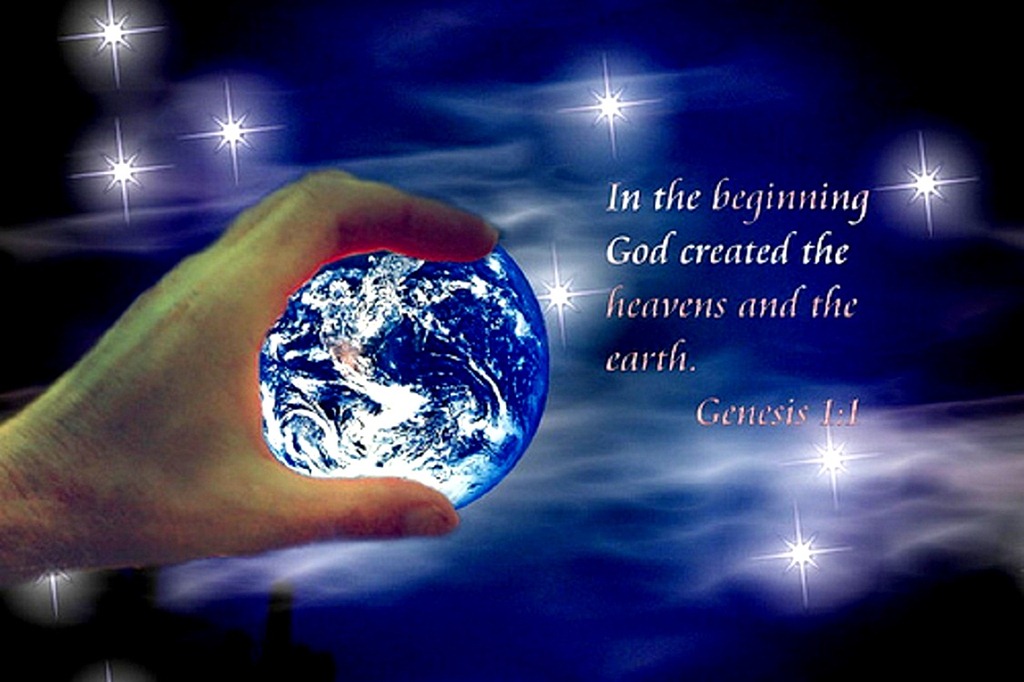The editors of the excellent book, New Mormon Challenge, provide a nice summary of what doctrines Christians are asking Mormons to reconsider. There are many areas of commonality between Mormons and Christians, but there are also numerous, important areas of difference. Francis Beckwith, Carl Mosser, and Paul Owen ask for Mormons to focus on some key issues that divide them from Christians at the end of the New Mormon Challenge.
What, precisely, are we asking the LDS community to consider afresh? Here we can only sketch some of the areas where we believe traditional Mormon theology needs to change in order to better conform to Scripture and reason:
(1) We believe the doctrine of the eternality of matter is fundamentally incompatible with biblical religion. Ideally, we would like to see the LDS Church embrace the traditional doctrine of creation ex nihilo. At the very least, we would encourage the LDS Church to consider the possibility that the world was created out of preexisting but not eternal matter.
(2) We believe that the doctrine of monotheism is essential for any true and religiously valid knowledge of God. We would encourage the LDS Church to reject the notion of an infinite regress of gods as it has been traditionally articulated and to reconsider doctrines that necessitate a form of theological finitism. The monarchotheistic Mormon view is a step in the right direction, but it must be combined with the belief in the contingent nature of the universe. God must be recognized as ontologically unique, not merely as superior in status over all other reality.
(3) We believe that the doctrine of the literal eternality of human persons is inimical to Christian faith, for central to a biblical worldview is the idea that we are created beings whose existence is contingent on the creative and loving will of our God. If the preexistence of spirits cannot be given up entirely, then we would encourage the LDS Church to consider a weakened form of this notion, in which the human spirit is viewed as preexistent but not as ontologically eternal (except perhaps in the ideal sense of eternal existence in God’s mind).
Beckwith, Mosser, and Owen continue:
There are other areas where we would like to see Mormon theology change: the doctrine of the materiality of spirit, the doctrine of divine embodiment, and the LDS form of the doctrine of the Trinity. But the three issues outlined above are absolutely fundamental and nonnegotiable.
We do not feel that the status of Mormonism in relation to Christianity can ever change unless there is a willingness within the structures of the LDS Church to reconsider those issues. In short, we want our Mormon friends to reconsider the nonnegotiable beliefs of historic Christianity.
Christians in general—not just evangelicals—confess that there is but one eternal God, who created all things in heaven and on earth, visible and invisible. This One God is revealed in the One Lord Jesus Christ, who became incarnate for our salvation and whose presence is shed abroad among the people of God in the person of the Holy Spirit. It is this Triune God who is the only fitting object of religious devotion. He alone is the Living God, and it is to the praise of his glorious grace that the humble efforts of this book are adoringly offered.
One could argue whether additional areas should be added to the list, but there is no doubt that the 3 doctrines listed by the editors are certainly bedrock. For Mormons to move in the direction of the historic Christian faith, those 3 areas must be dealt with. I, personally, hope to see this happen.
 There are many indications in Paul’s writings compiled in the New Testament that Paul thought Jesus was God. Perhaps one of the most famous texts would be Philippians 2:6-11. Referring to Jesus, Paul writes:
There are many indications in Paul’s writings compiled in the New Testament that Paul thought Jesus was God. Perhaps one of the most famous texts would be Philippians 2:6-11. Referring to Jesus, Paul writes: Ancient Israel was immersed in two dominant cultures, that of the Egyptians and that of the Mesopotamians. The Hebrew accounts of the origins of the universe stand in contrast to these ancient cultures, so it would be interesting to see a summary of what these other cultures believed.
Ancient Israel was immersed in two dominant cultures, that of the Egyptians and that of the Mesopotamians. The Hebrew accounts of the origins of the universe stand in contrast to these ancient cultures, so it would be interesting to see a summary of what these other cultures believed. In Christian theology, God created everything that exists out of nothing (ex nihilo), simply by speaking the universe into existence. When we turn to Mormon theology, we find a very different concept of creation. Mormons deny that God created the universe ex nihilo. What do they believe? According to the editors of
In Christian theology, God created everything that exists out of nothing (ex nihilo), simply by speaking the universe into existence. When we turn to Mormon theology, we find a very different concept of creation. Mormons deny that God created the universe ex nihilo. What do they believe? According to the editors of  Creation ex nihilo is the Christian doctrine that God created the universe and everything in it out of nothing. He spoke all that exists, besides himself, into existence. Why does this doctrine matter?
Creation ex nihilo is the Christian doctrine that God created the universe and everything in it out of nothing. He spoke all that exists, besides himself, into existence. Why does this doctrine matter?